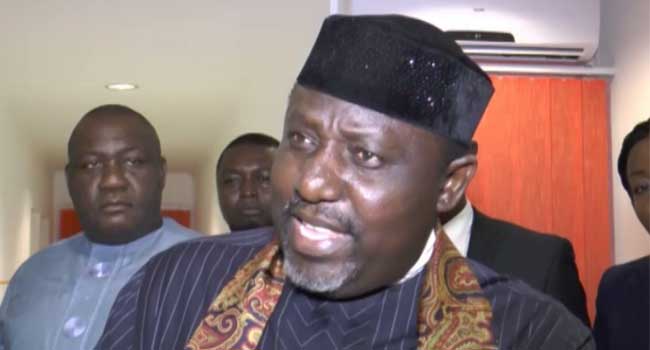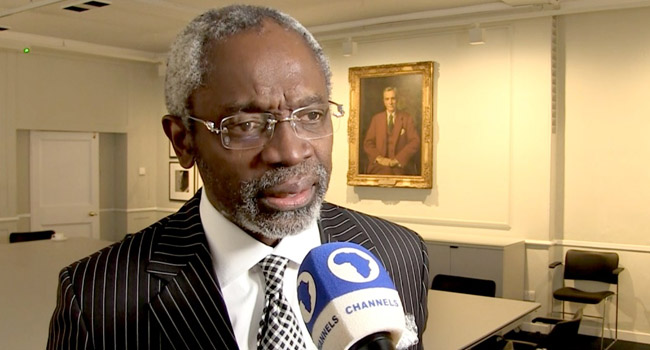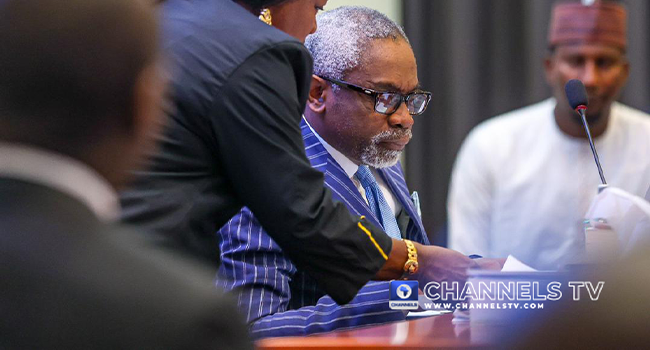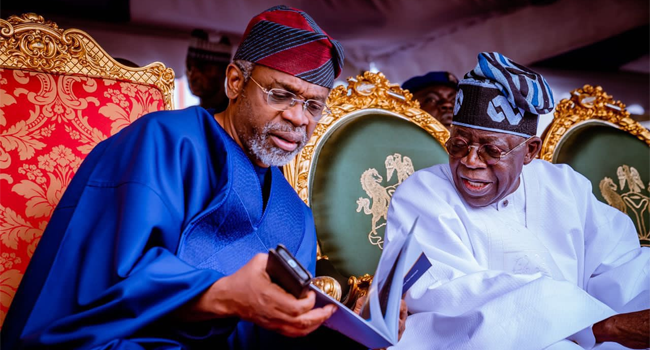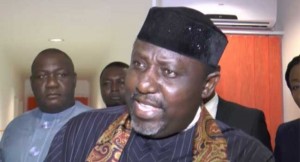
The State Governor, Rochas Okorocha, made the disclosure at the Heroes Square in Owerri, the Imo State capital in southeast Nigeria.
He was speaking during the ongoing revalidation and verification exercise organised for Imo indigenes who are beneficiaries of the free education programme in all state-owned tertiary institutions in the state.
Addressing the students, Governor Okorocha who was represented by his Chief of Staff, Mr Uche Nwosu, noted that the state government has decided to concentrate on Imo indigenes and drop non-indigenes from the programme.
He explained that the state government has spent about 40 billion naira to sustain the policy, adding that it would have to drop non-indigenes from the scheme as Imo indigenes in other state-owned schools across Nigeria do not enjoy such benefit.
The governor, however, assured the students of the government’s commitment to sustaining the programme beyond the life of the present administration.
Drop Non-indigenes
“Nothing less than 40 billion has been spent in the last five years to sustain this free education policy.
“But as you know, our Imo sons and daughters in other schools outside Imo State are not benefiting any similar scheme in their various schools and we can’t keep shouldering their expenses.
“Like the saying: charity begins at home; we need to take care of our own first before others. So we have decided to drop non-indigenes from the exercise,” he said.
Governor Okorocha explained further that the essence of the ongoing revalidation and verification of students was to generate the accurate data of students and to also ascertain that students enjoying the programme were majorly of Imo extraction.
“The idea of this exercise is to capture (those) who are exactly Imo State citizens and to build a data base of who they are, and to inculcate in them the fact that government is training them for free, despite the very lean resources that is available to the government.
“From the form, they have to go back to their villages and get endorsement from their traditional ruler and also get endorsement from the secretary of the CGC (that is President-general).
“By that, we will know that they are from so so and so local government (and) let me tell you that some of them don’t even know their local government.
“The free education has come to stay,” he noted.
Dreams Of Better Educational Standard
In an interview with Channels Television, some of the students said that the free education programme has actually helped them achieve their dreams of a better and higher educational standard without payment.
A student said “because of the free education, I could achieve a lot in the medical school.
“I have not paid a dime since I got admission into the university (and) my siblings are here.
“If not for the free education, I don’t think there is a way we can do it but I just thank the government for giving us the free education”.
At the inception of the Governor Okorocha led administration in 2011, education was declared free at primary and post-primary levels in all public schools in Imo State.
The government subsequently extended the gesture to all the state-owned tertiary institutions on February 14, 2012, including the Imo State School of Nursing and Health Technology.
As an extension of the free education programme in November 2012, the government slashed the tuition fee of non-indigenes schooling in the state-owned tertiary institutions by 50%.
However, the revalidation and verification exercise is supposed to last for two weeks of which students are meant to take their forms to their traditional rulers and government liaison officers in their communities for identification and return the form to the state government within the specified period.

